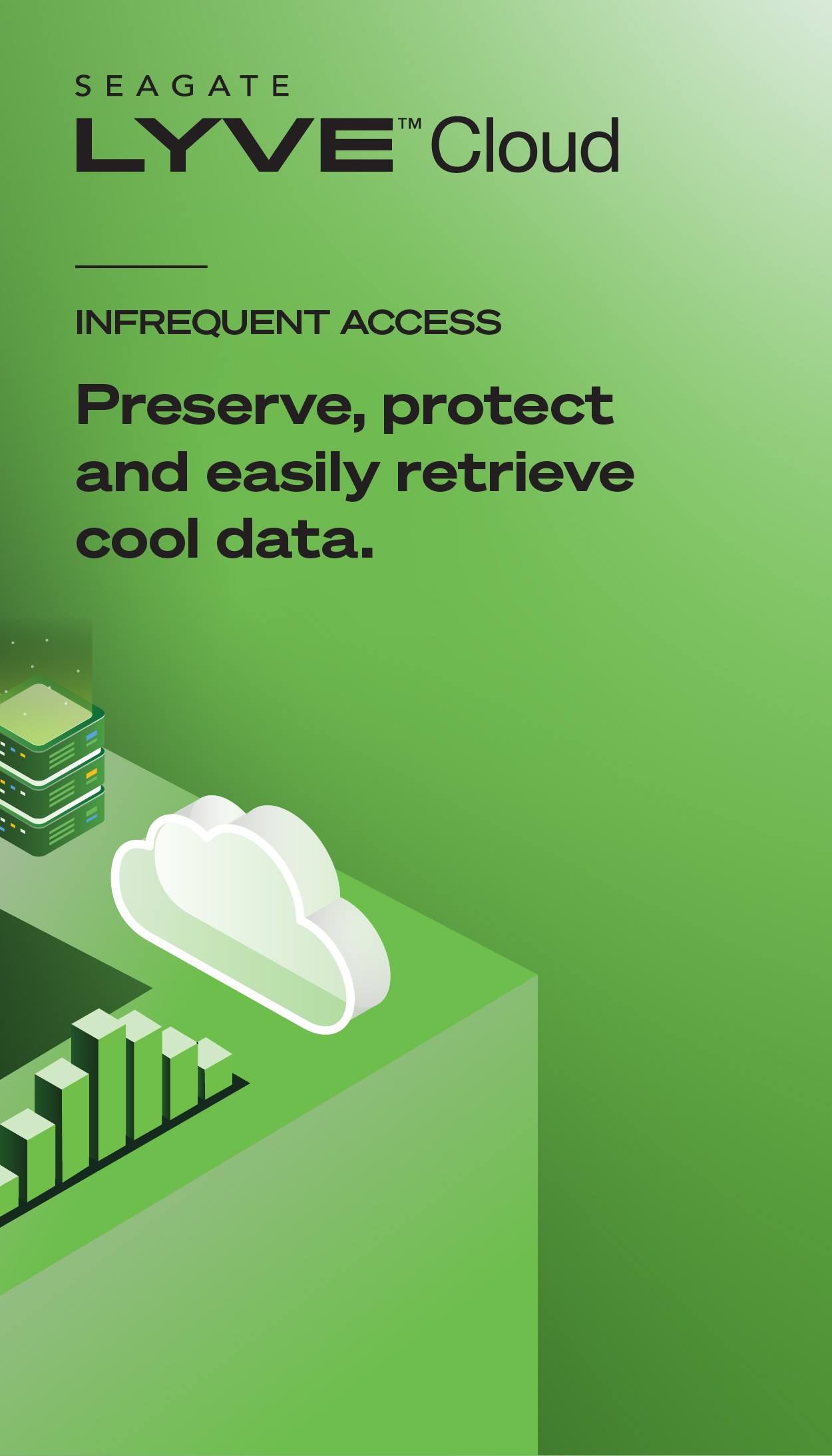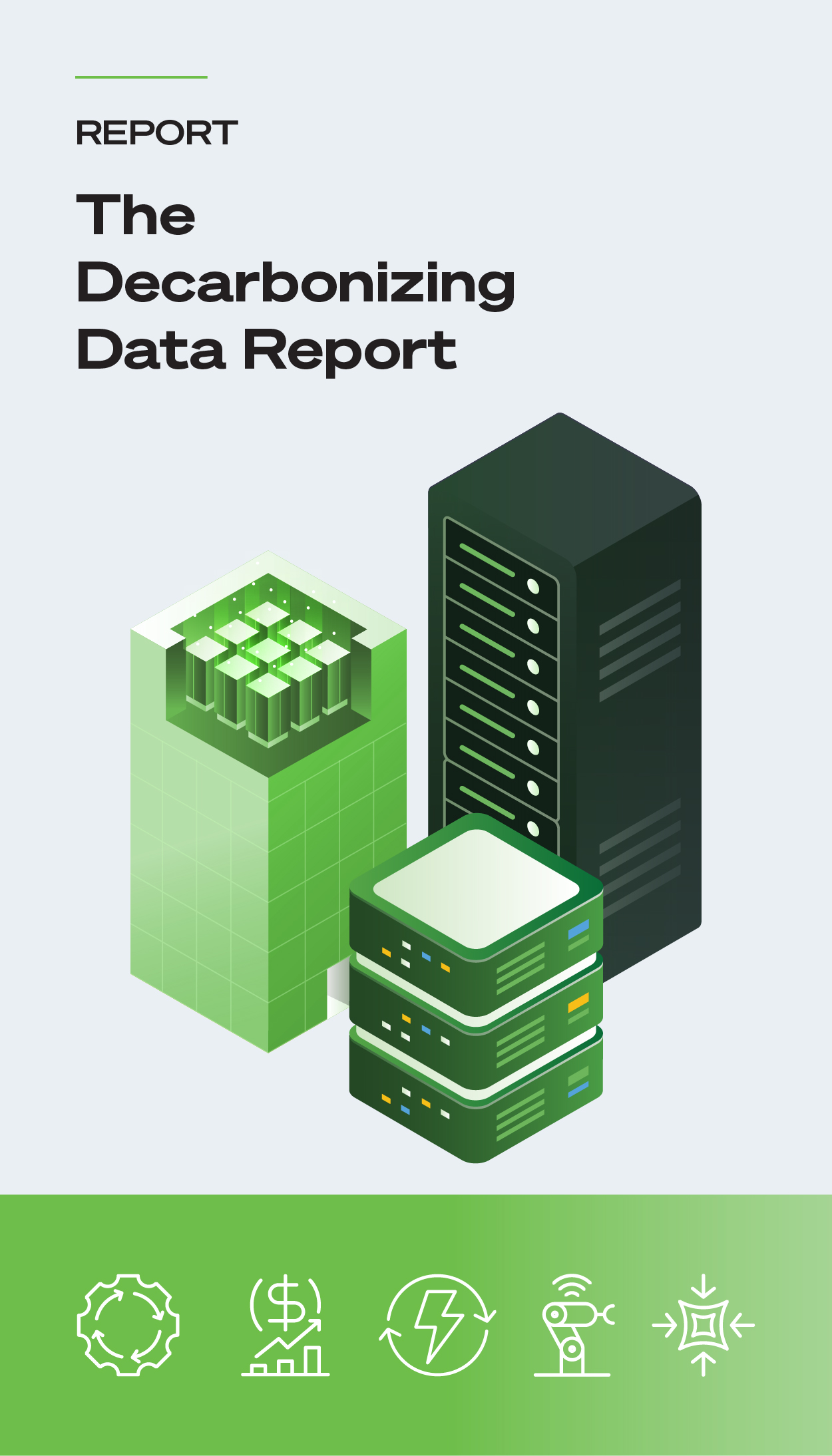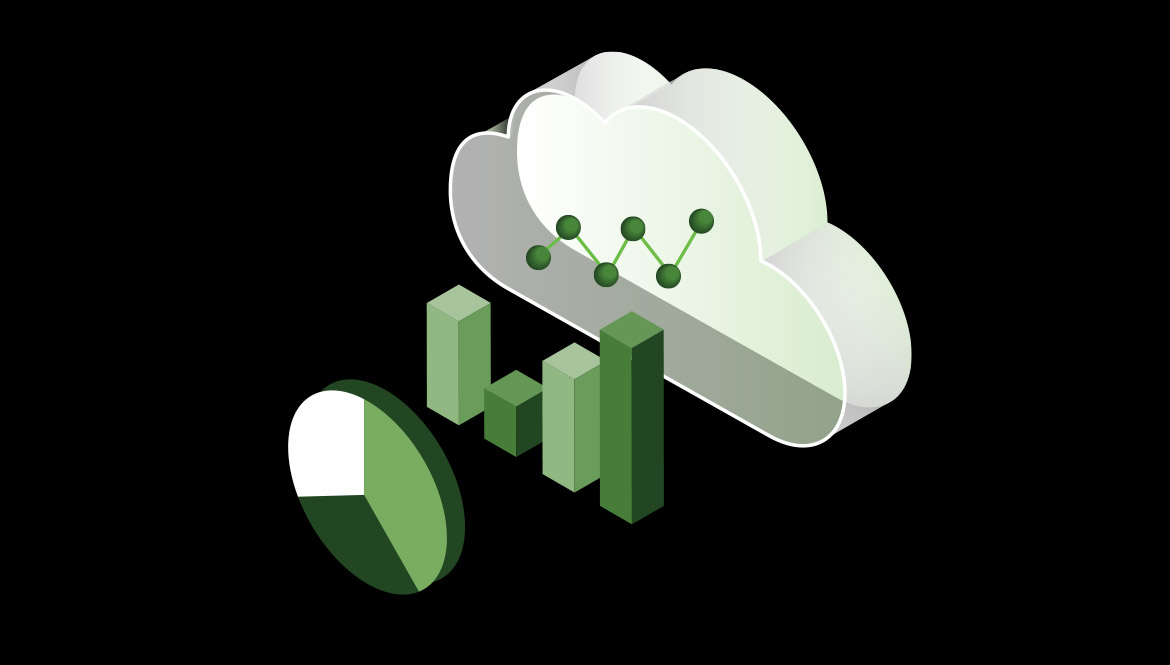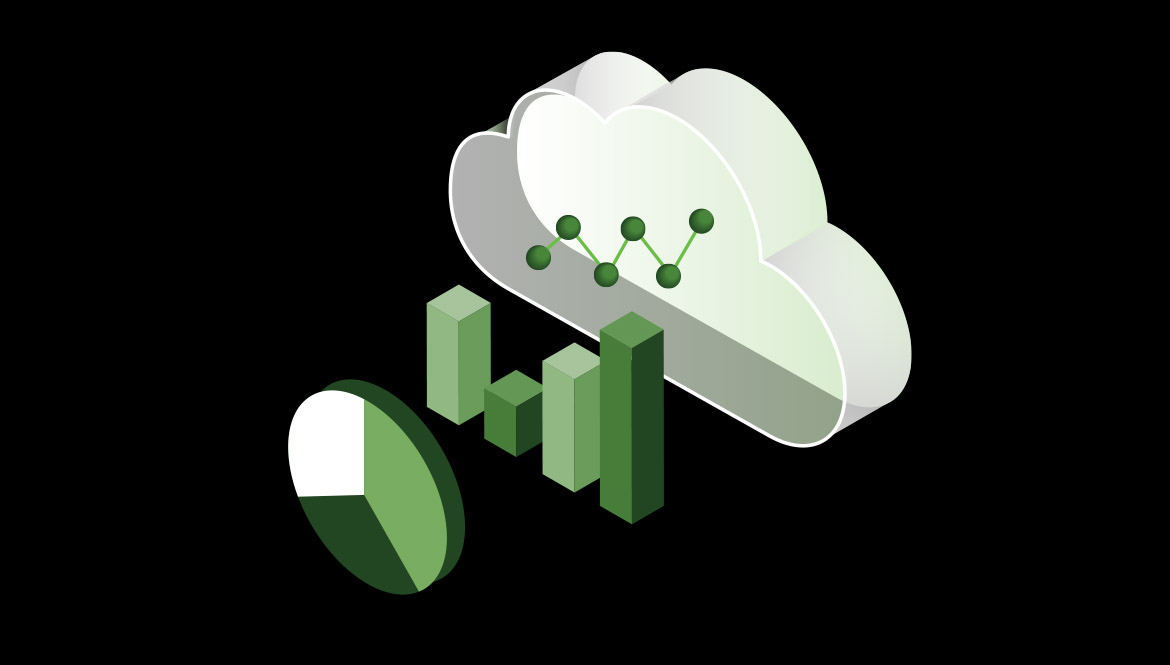Hybrid Cloud Analytics: What Are They?
Hybrid cloud analytics provide businesses with numerous benefits, including data storage flexibility and cost savings. Businesses also gain access to security and performance options that can adapt with ever-changing business needs, new technologies, and outside regulatory requirements.
Using a hybrid cloud environment for analytics also provides unity between data sources — data lakes, data warehouses, future new data sources...basically,data of any type and the analytic processes, applications, and services, wherever they reside in the system. With hybrid cloud data analytics (as with hybrid clouds in general), businesses don’t have to host all their processes or have all their storage either on the cloud or on-premises; they can mix the two as they employ hybrid cloud analytics.
In other words, cloud-based analytics offer flexibility and freedom in a fast-paced business environment
Differences compared to on-site analytics
While about 90% of businesses are interested in a hybrid cloud solution, the same percentage still intend to manage some portion of their business on-site. While there are certainly reasons that businesses would keep some part of their data operations on-site, this approach to analytics does have drawbacks compared to running analytics via the cloud
For starters, the costs of scaling up or down are much higher with hosting on-site processes. Plus there is downtime to consider during upgrades and the business is limited to the infrastructure they own when on-site servers are the only means of storage and analytics available.
While cloud technology offers security through methods (outlined later in this article), many organizations still think sensitive data is more secure on-premises since firewalls and other security measures are under the control of the company. Hybrid cloud analytics allow for selective data to stay on-site, while other data is hosted and processed in the cloud.
What is a hybrid cloud?
A hybrid cloud is any combination of data and application storage that involves multiple storage types (public, private, edge, and on-site). Many organizations find value in mixing these methods for a range of reasons and use cases.
A hybrid cloud:
- Provides a central, sole management tool (a dashboard)
- Connects multiple computers in a network
- Allows scaling up and down, or adding new resources
- Allows moving workloads between environments
- Maximizes all IT resources
That is to say, a hybrid cloud allows for choosing what data storage and computing processes are hosted and take place in the public cloud (such as AWS, Azure, and Google Cloud), a company-specific private cloud (which includes options to manage it yourself or hire a third-party service, as well as hosting it in your own data center or off-premises), a form of multi-cloud, or on-site. The flexibility of a hybrid cloud is especially useful when a company needs to be able to change directions efficiently and in a timely manner. Cloud-based predictive analytics can be performed wherever the data is, but companies must use a cloud analytics platform to do so.
How Do Hybrid Clouds Help Businesses?
Hybrid clouds host applications, services, and data on private, public, and multi-clouds, or on-site to facilitate the best results in performance, the lowest possible cost, maximum efficiency, and agility, and to keep business operations from suffering downtime.
Performance
As businesses grow, their needs change, but not always in equal proportion or at equal rates. Crafting a solution that can match these changing needs seamlessly saves time and fosters efficiency. An influx of data might be handled by a cloud computing solution and then processed using cloud analytics software—all without having to buy, integrate, install, and manage new physical hardware.
Developing a strategy to determine what portions of your hybrid cloud data analytics are to be hosted on your public/private cloud or on-site is useful to maximize performance and help future decisions have a starter framework.
Cost reduction
Along with time and efficiency, owning all your data center equipment incurs significant capital and operational expenses. Businesses must purchase, maintain, and eventually replace all hardware and software. They carry an increased staffing burden as well as the practical and financial costs to maintain physical space to house these components, set up proper security, and ensure compliance with regulations. For all these reasons, more value, less cost is the name of the game. Cost reduction
Accessibility
Having cloud data analytics is useless if you can’t quickly and efficiently access and use your data at the time it’s needed. When it comes to big data and analytics, cloud hybrid analytics help eliminate potential data silos. Accessible data and reports help ensure businesses can act using the most recent, accurate and comprehensive information available.
Improved security
As regulations increase to protect sensitive financial and personal data, security measures must keep up across all platforms. Hybrid cloud analytics offer options for the separation of data and applications on private/public clouds, as well as the shared responsibility of cloud hosts to meet local, industry, and global regulatory requirements and expected privacy standards.
Some of these options include:
- Encryption
- Identity access management and authentication
- Event management and automation services
- Denial of service (DDoS) protection services
Hybrid Cloud Analytics Characteristics
Cloud-based analytics platforms offer businesses a number of important tools, including data storage, data modeling, and reporting.
Data storage
Businesses often find it beneficial to separate various data storage and analysis platforms for the sake of efficiency, security, or compliance. By employing the hybrid cloud, business users can access the data and tools they need from any location/cloud storage at any time.
Data modeling
Data modeling is beneficial in various stages of development and data gathering, which may require variable amounts of storage or computing power. While trained staff manage the analytics and machine learning system functions to ensure the best results, others in the organization still need tools that allow them to easily access, visualize, and model the data. Their permissions will be similar to viewing and extracting over making actual changes. And that’s where data modeling comes in.
Data from databases, data warehouses, data lakes, and NoSQL datastores—and the relationships between these data sets—can be visualized in data modeling. Once compiled, these data models are used to make future predictions and guide an organization’s actions and direction. This all starts with the ability of hybrid cloud analytics to provide accurate and timely data and computing resources.
Reporting
With cloud reporting, the user does not need to manage or develop any of the infrastructure that builds the report. They just access the results. That means they aren’t maintaining any of the network, servers, operating systems, or storage necessary to derive the information they access, allowing them to only focus on the information needed.
How Do Cloud Analytics Work?
One of the great benefits of using cloud analytics is the ability to operate various functions independently, while facilitating secure communication between data storages on private and/or public networks. Data and applications stored on-site or on private clouds can interact with data and applications stored on public clouds, making the most of the public cloud storage capacity and computations resources while also maintaining the proximity and security of private or on-site.
Hybrid cloud analytics tools simply bridge these gaps, pulling in data from all locations.
Lyve Cloud Helps You Upgrade
Hybrid cloud analytic tools and management systems present challenges during the building, testing, and deploying stages. Troubleshooting and pinpointing potential problems becomes more complicated as a cloud environment grows in complexity.
Seagate® Lyve Cloud™ can help you scale, shape, and monitor your cloud environment enabling access to your most important data without incurring egress fees. Our cloud analytics software provides the tools required to safely house and manage the infrastructure your organization has today and the flexibility to handle all future expansions. Whether you use hybrid cloud services to expand application testing computing power, monitor regulatory compliance, prepare for disaster recovery, or perform analytics, Lyve Cloud is the ideal cloud solution.
Click here to learn more about Lyve Cloud and its capabilities for supporting your hybrid cloud infrastructure.












